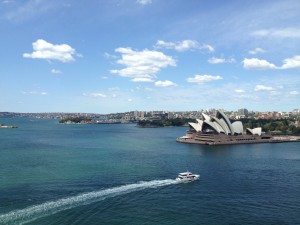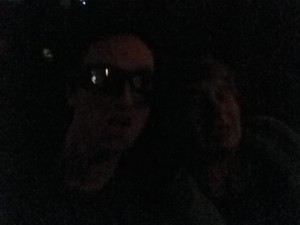This weeks reading was all about DataBases and what the specifically mean . . . a whole 20 pages of it. . .
I will get to databases in a second but can I be the only one that stumbled at the “data and algorithm” section? Video games are an algorithm. *double take*
They’ve tricked us all, we doing math for fun, we even pay for it, whaaaat? Instead of looking at this as a negative lets try and turn it around into a positive, why not install video games into the curriculum as a math subject . . . This could be the beginnings of something great!
Anyway, back on topic: data
There are different forms of data and how it can be stored and everything, the internet being the main focus for us. The argument is that the internet doesn’t have a story thread or a narrative to it. They believe that new media does not have a story to it. Which I will spend the rest of this blog disagreeing about.
Firstly the internet has its own story – the history of the internet, how it came to be, what happened as it grew and although you could argue that it doesn’t have an ending it definitely has chapters in it, the term Web 2.0 should be enough justification for this notion, so at least each chapter has a beginning middle and end.
Secondly, I disagree that there is no story or narrative within the internet. In the argument about algorithms being in games brought me to certain conclusion: everyone has a goal when they’re doing something, whether it be working in order to get money or watching copies amounts of videos on youtube to cure boredom there is always a goal and as the reading said, the game ends once you reach your goal. So if you’re on the internet you must have a certain goal, you might be researching something for instance, you’ve reached your goal when you’ve found the information that you’re looking for, so although abstract, stories exist within the internet, it is created when the reader/audience begin it and is finished when they end it.
I think I got a tad off topic there but just some food for thought.


